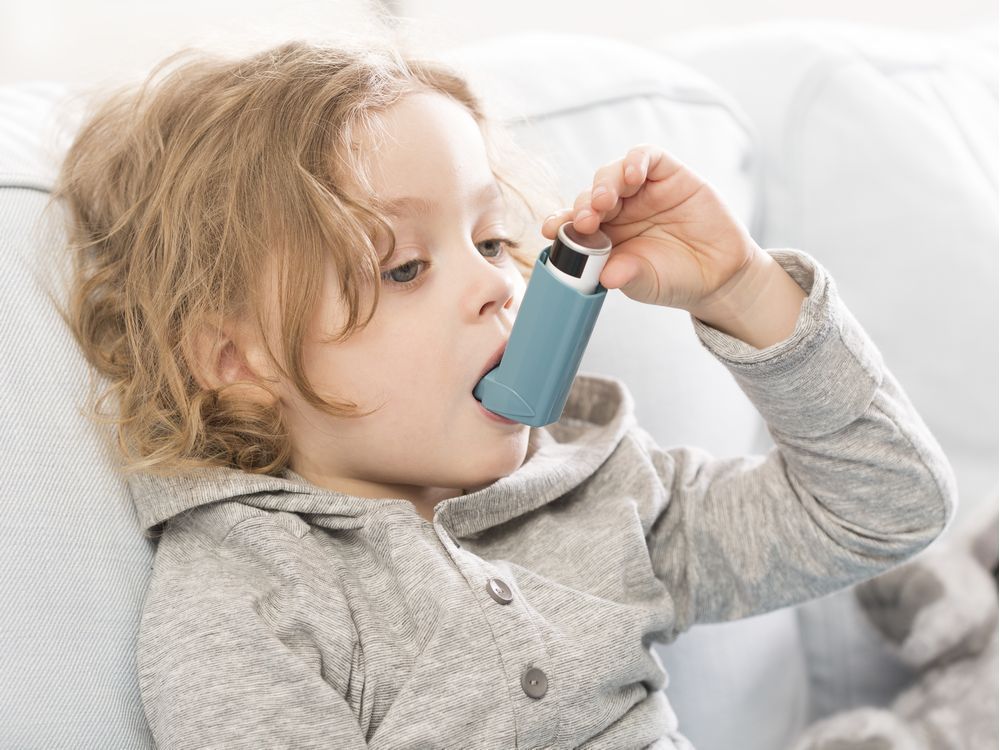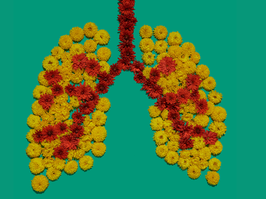asthma rates falling in canada as doctors avoid antibiotics for young children: b.c. study
the study, by researchers at b.c. children’s hospital, the b.c. centre for disease control and ubc, also found that being prescribed antibiotics within the first 12 months of life is associated with almost double the risk of being diagnosed with asthma by age five.
what it feels like: a decade of symptoms, comas and cardiac arrest with copd
barbara moore suspected she had a chronic lung condition, but didn't realize how bad it had gotten. shortly after she was diagnosed with copd, moore would have to fight through two near-death experiences.
‘entirely new approach’ to treating copd shows promise
the development of effective copd treatments has been hampered by a lack of understanding of the disease’s underlying mechanisms, say researchers.
 9 minute read
9 minute read









